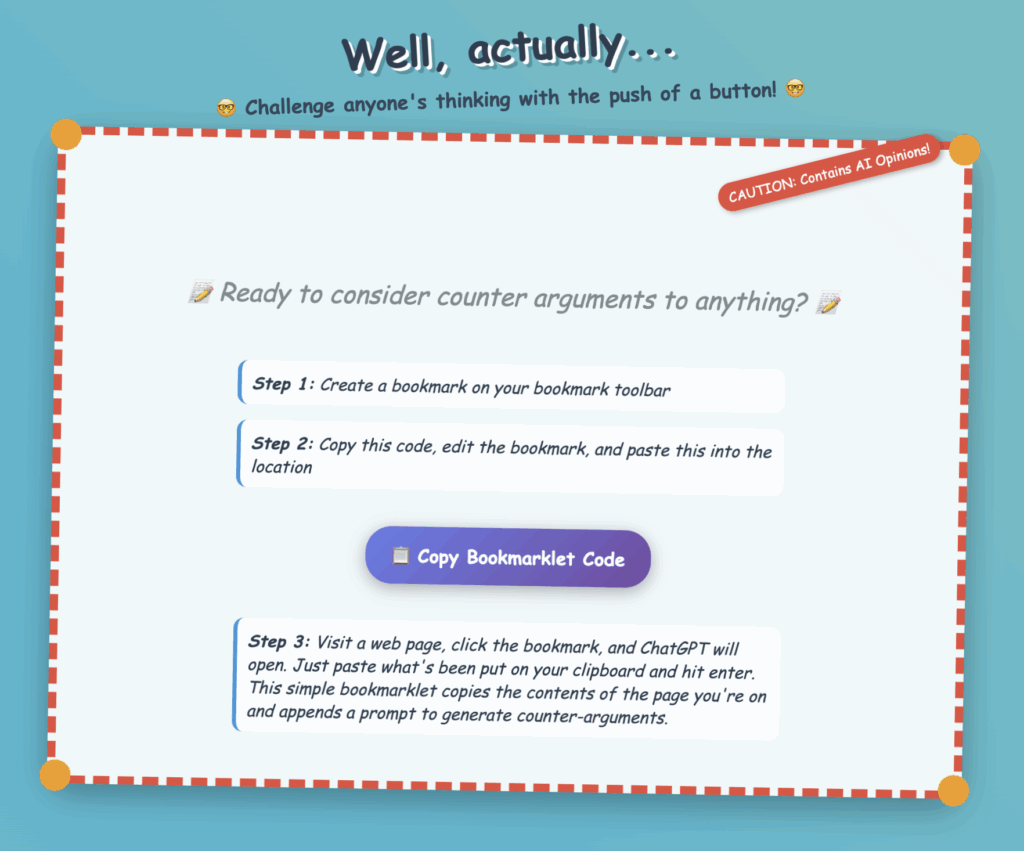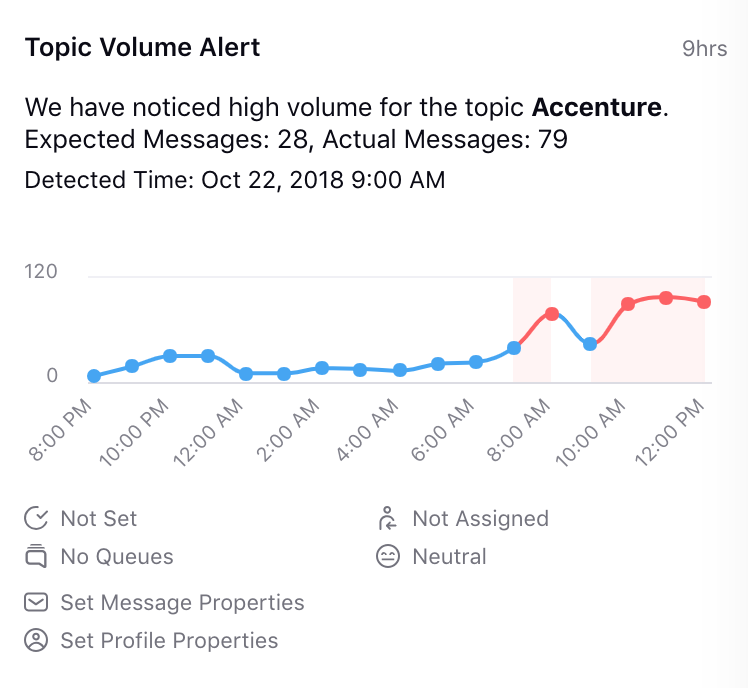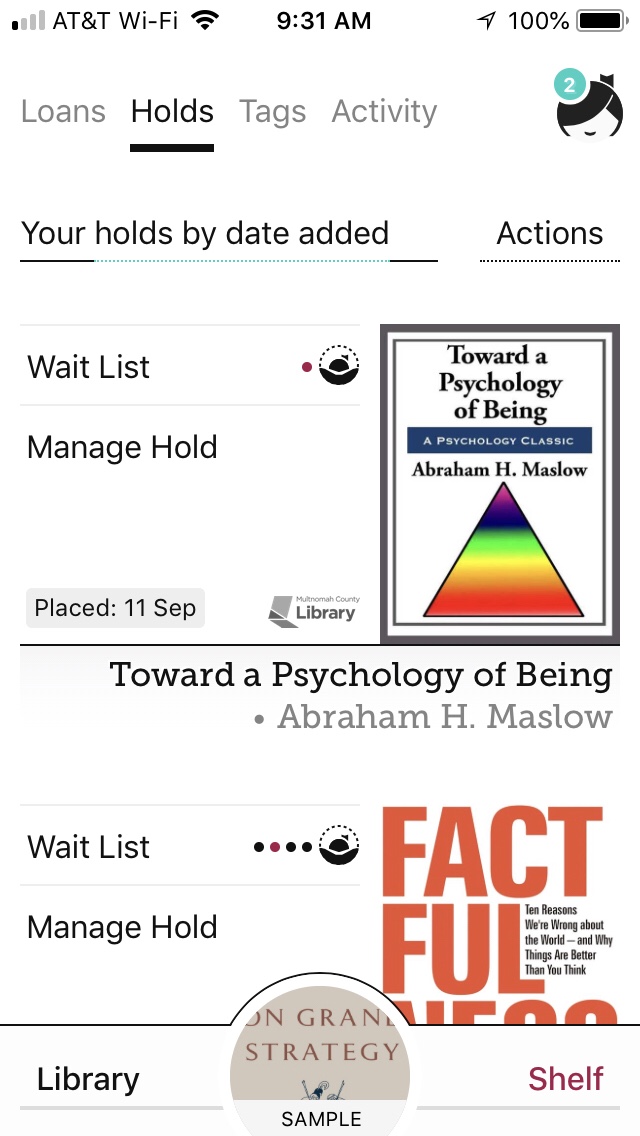I love my job. I get asked every other month what my Employee Satisfaction score is and at last report, it was a 10 out of 10!
I’ve worked at Sprinklr for more than 3 years now and it just keeps getting better. And by that I mean I just keep learning more every day. And we’re making it a better place to work almost every day.
The team I manage has an average score of 9 out of 10, so they’re not as happy as I am yet – but they’re pretty darned happy too.
I’d like to invite you to be a part of our team, if the following job description sounds like a good fit for you. When will I be filling this position? I’m not entirely sure, but soon.
If you’re interested, please email me at Marshall.kirkpatrick@sprinklr.com with the subject line “influencer marketing position.” I expect between 20 and 50 people to email me about it, but we’ll see! I’ll try to respond to everyone personally. I look forward to hearing from and/or meeting you!
Help wanted:
INFLUENCER RELATIONS MANAGER
We’re hiring a smart, communicative, B2B Influencer Relations Manager responsible for the development, execution and measurement of influencer marketing and collaboration campaigns used to drive both customer acquisition through demand generation and sales support, and internal learning from influencers who can contribute knowledge and insights to internal stakeholders throughout the business. This position works with cross-functional teams, especially Content Marketing, Events, and Analyst Relations. The position will be based in either Portland, Oregon or New York, (remote? Maybe…) reporting into the VP, Marketing.
About Sprinklr
Sprinklr’s mission is to enable every organization on the planet to make their customers happier. We do this with the world’s #1 social suite, which helps enterprises deliver memorable customer experiences with an integrated suite of Market Research, Customer Care, Social Media Management, and Social Advertising. Headquartered in New York City with 1,300 employees in 22 offices, Sprinklr works with more than 1,500 of the world’s most valuable brands, including: Allstate, McDonald’s, Lenovo, Microsoft, Nike, Signify, Procter & Gamble, Samsung, Santander, SAP, Shell, Verizon, and Visa. Sprinklr’s partners include Accenture, Deloitte, IBM, Microsoft, and SAP. For more information, visit sprinklr.com or follow us at @sprinklr.
Primary Responsibilities of This Position
Help scale execution of influencer collaboration programs, ranging from weekly video and audio podcasts to influencer collaboration on blog posts, webinars, events, and more
Collaborate closely with VP of Marketing to build effective, smart campaigns, balancing demand generation with long-term relationship building and maintenance, learning, and integrity
Configure and use customer experience software (Sprinklr) to monitor for influencer-derived insights and opportunities
Collaborate with internal teams focused on content generation, advertising, events, and more.
Solve problems and generate business value.
Minimum Qualification
3+ years marketing experience executing marketing programs
Demonstrable intellectual curiosity
A growth mindset
Better-than-average written and verbal communication skills
Could this be you? If so, send me an email! Do you know someone who could be a great fit? Pass this along to them!



